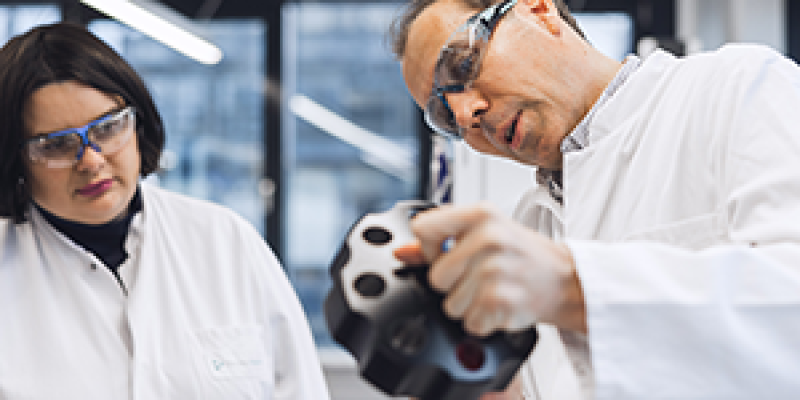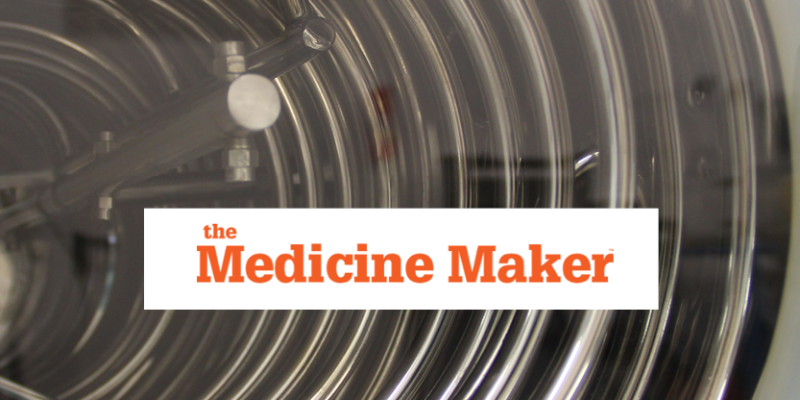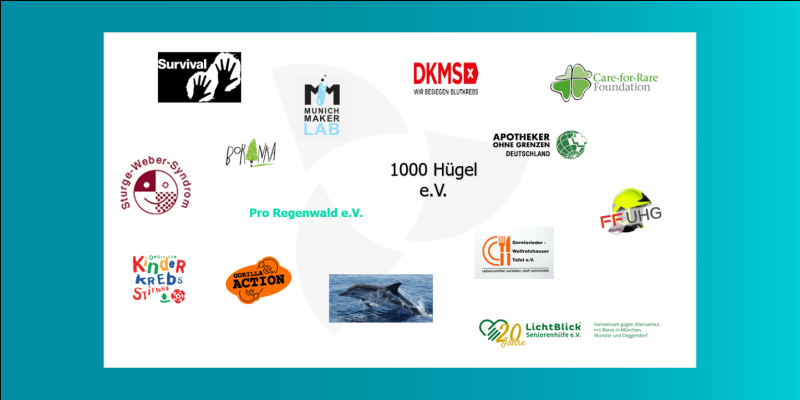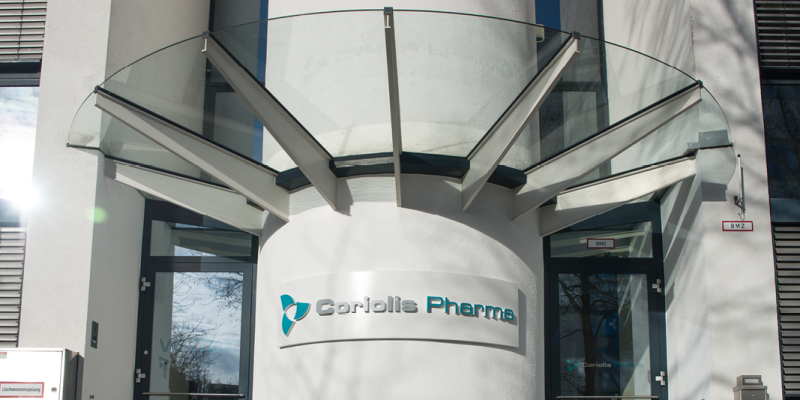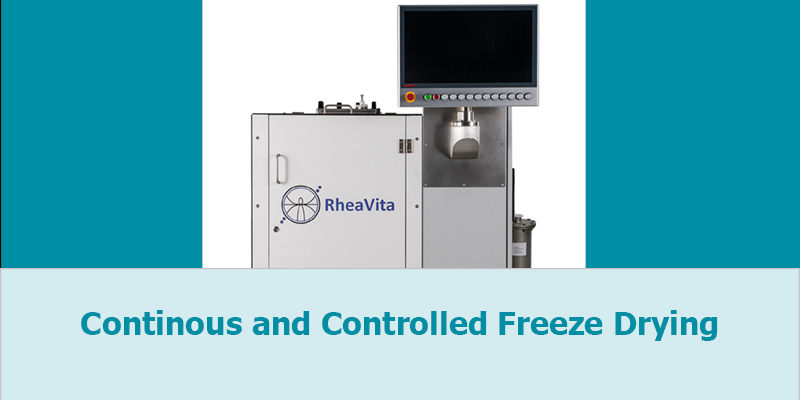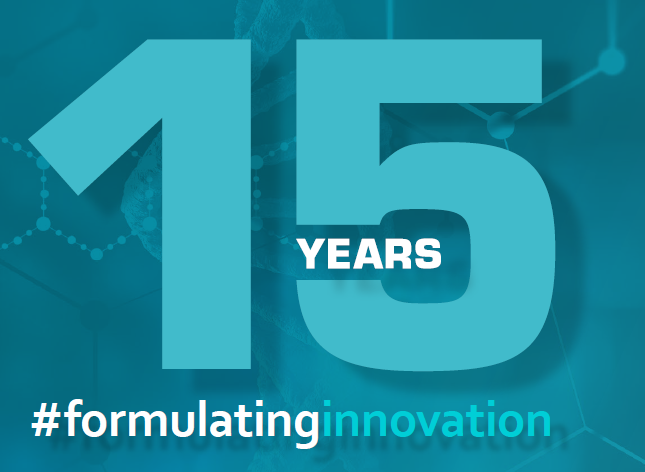Coriolis participates at the AAPS National Biotechnology Conference
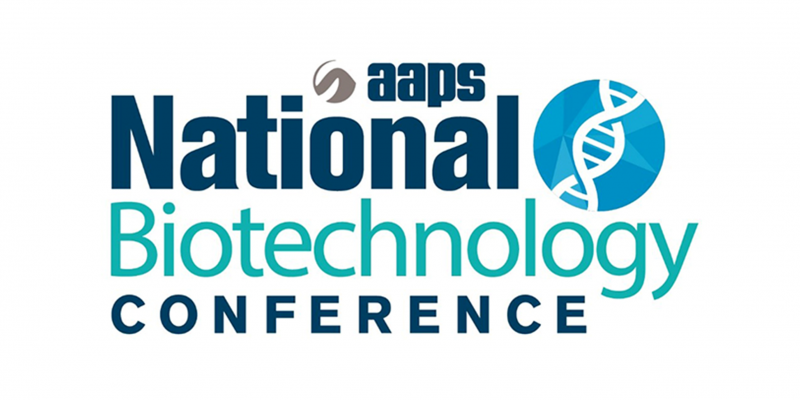
AAPS' well-respected National Biotechnology Conference (NBC) will be held as an on-site this year
The overarching theme for the National Biotechnology Conference (NBC), organized by the American Association of Pharmaceutical Scientists (AAPS) is the concept of understanding how we can let science and innovation lead us in accelerating and improving our biotechnology drug development processes. The conference is held from 9 - 12 May 2022 in Anheim, California. In three parallel conference tracks, experts in the field explore different settings that create paradigm-challenging circumstances to the “business as usual” of biotechnology drug development because they do not fit into established processes. How can we get better and more effective in evolving existing paradigms and increase speed to patient?
Coriolis CSO will give a talk about surfactant degradation
During this years event, Coriolis CSO Dr. Andrea Hawe will contribute with a talk about "Surfactant Degradation: The Closer You Look The More You Learn" on Thursday, May 12, 2022 at 14:30 in the Platinum Ballroom 9/10. She will provide a short introduction of surfactants and their relevance for biopharmaceuticals. And discuss the main mechanisms of polysorbate and poloxamer degradation. Subsequently, she presents options for state-of-the-art surfactant analysis and includes relevant case studies as well as recent literature results.
Internal study about machine learning used for analytical characterization of CBMPs will be presented
Our PhD student Alexandra Rösch will show recently published data about the "Characterization of Cell-Based Medicinal Products By Machine-Learning Flow Imaging Microscopy". Cell-based medicinal products (CBMPs) are gaining importance in the treatment for severe diseases such as cancer, immunological disorders and genetic diseases. CBMPs are living cells, which can be derived from autologous (patient’s) or allogenic (healthy donor’s) material. The relevance of formulation development and characterization of cell stability for successful development of a drug product will be introduced to the audience. Flow imaging microscopy (FIM) is one interesting technique for the characterization of cells. With FIM bright-field images of the sample are captured by a camera while passing by a microscope in a flow-cell. The images can be processed by the instrument’s off-the-shelf software or by applying custom-made machine learning tools, like convolutional neural networks (CNNs). By applying CNNs the rich information gained during FIM measurements about the quality of the product and health of the cells can be effectively extracted.



